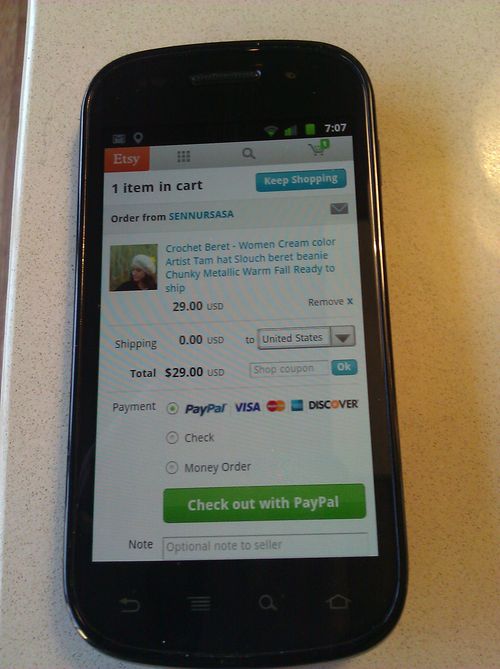About a year ago, I wrote a post about Apple's "blind spot" for Flash. I took more heat for that post than anything else I've written here other than political posts. It opened my eyes to the fact that Flash vs HTML5 is one of the most politically heated topics in the tech business. The third rail, as it were.
The choice of what technology web developers use to produce rich browser based applications is a big deal with a lot of important ramifications for companies, investors, and most importantly users. Jeremy Allaire, creator of ColdFusion and Brightcove, addresses this issue today on TechCrunch.
It's an excellent post full of great facts and insights, including this one:
What few people realize is that while H.264 appears to be an open and free standard, in actuality it is not. It is a standard provided by the MPEG-LA consortsia, and is governed by commercial and IP restrictions, which will in 2014 impose a royalty and license requirement on all users of the technology. How can the open Web adopt a format that has such restrictions? It can’t.
Jeremy predicts that "Google will make an end-run on this by launching an open format with an open source license for the technology, which according to industry experts delivers almost all of the same technical benefits as H.264."
If you are a web developer, entrepreneur, or investor, I suggest you go read Jeremy's post in full. It's very good.
If you don't plan to read it, I'll summarize. Jeremy makes two big points. The first is that HTML5 vs Flash is not a winner take all battle (at least for many years). He predicts that for web apps, we'll see more and more developers move to HTLM5. But for video, gaming, and other "immersive" applications, we'll see developers sticking with Flash for a long time.
His second point is that the desktop web and the mobile web are going to play out very differently. He says:
in the context of hand-held computing, where Apple is politically motivated to block the Flash runtime, it is apparent video publishers will be driven to build and operate solutions that leverage HTML5 Video on mobile and iPad browsing environments.
When it comes to HTML5 vs Flash, there are technical arguments, economic arguments, and political arguments. And, unfortunately, the political ones carry a lot of weight.
Jeremy outlines the political agendas of two of the big players in this battle:
a web-centric, HTML5-centric handheld world favors Google because it can leverage it’s existing dominance in search and web advertising. A proprietary App-centric universe favors Apple because it can become the primary gatekeeper to reaching the mobile audience and already has a pole position in integrating payments and advertising into content applications.
I know where I personally come out in this fight. I much prefer a "web-centric handheld world" to a "proprietary app centric universe". And that's why I carry a Google phone instead of an iPhone. For me, it's a political statement as much as anything else.
Someday soon, I'll be reading a blog on my Google phone and I'll come upon a video in a Flash player and I'll be able to hit play and watch it on my phone. That's apparently not going to happen in Apple's "proprietary app centric universe".
The good news for all of us is that no one company is going to dictate how this plays out. Jeremy says in the wrapup of his post:
it is evident that the competing interests of platform vendors, consumers and app and content publishers will ensure that this remains a fragmented and competitive environment for many years to come
Regardless of whose political camp you are in, we can all agree that a competitive environment is best. Even if it means a more complicated development environment.








